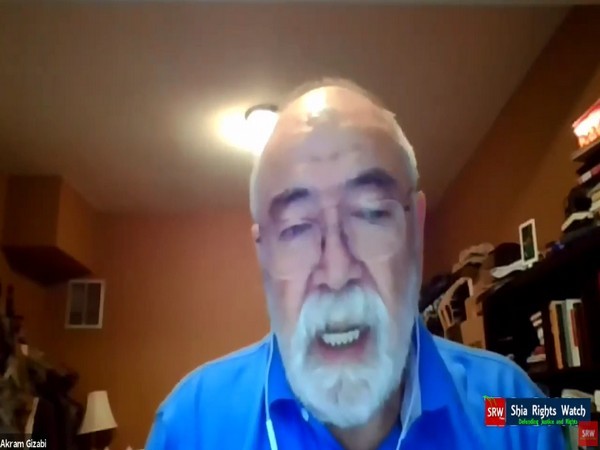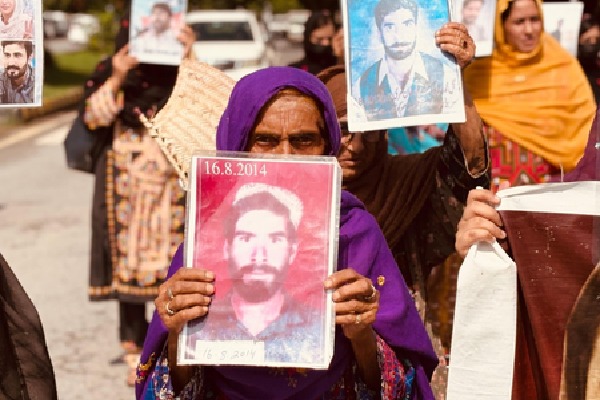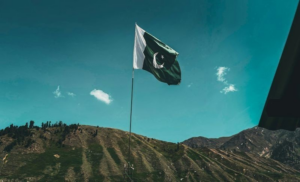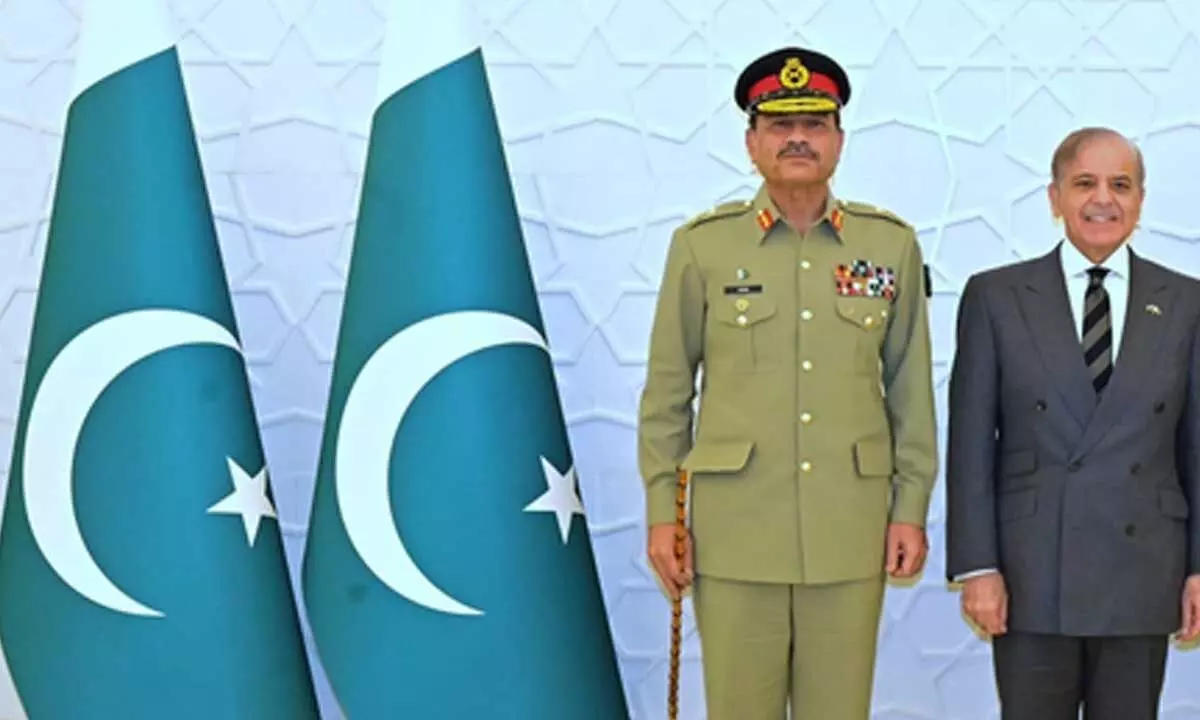
Washington, DC, USA: Speaking at a virtual summit titled “Developments in Afghanistan and Pakistan and impact on Shias”, Dr Akram GIzabi, Chairman of World Hazara Council blamed Pakistan for the present situation in Afghanista as he accused Pakistan for backing Taliban.
Speaking at a virtual summit titled “Developments in Afghanistan and Pakistan and impact on Shias”, Dr Akram GIzabi, Chairman of World Hazara Council blames Pakistan military for backing the Taliban and fueling the insurgency in Afghanistan.
He said, “Amir Abdur Rahman (Emir of Afghanistan) started the Holy war against Hazaras, abducted women and sold them as slaves, expelled Hazara from Kandahar and Zabul pushed them to barren lands in Central Afghanistan. When the Taliban came to power with help of ISI, Hazara suffered the most. Twenty thousand Hazaras were killed in Mazar-i- Sharif alone”.
“Iran is not helping Hazaras. Iran’s way of thinking is racial but their rhetoric is Shia-based. In Afghanistan, they helped even those Sunnis who are racially linked to Persians or Aryans. But they use Hazaras to fight against ISIS in Syria and Iraq and threaten to deport Iran-based Hazaras if they refuse to fight. Now, Afghan and Pakistani Hazaras are targeted because of those Hazaras who fought for Iran”.
Dr Akram GIzabi is disturbed by the changing scenario in Afghanistan as he fears the Taliban will intensify targeting the Hazara Shias with the withdrawal of US-led NATO forces.
He said, “In Afghanistan, Hazaras are shutting down businesses and schools. Hazara schools and maternity homes were targeted in western Kabul killing hundreds including pregnant women. Afghans in the north have picked up arms to fight the Taliban. As Afghan army is regaining ground, the Taliban want to cease fire and release more prisoners as a condition to end the fight. Afghan government should not release more Taliban as this will only strengthen them and encourage them to resume fight”.
Senge H. Sering, Director of Institute of Gilgit Baltistan Studies said, “Today “Ye jo dehshatgardi hai; is ke peechay vardi hai” means army is promoting terrorism, has become the most common slogan among Shias, Baloch, Sindhis, Pashtun and the people of Gilgit Baltistan.
“This shows that people have a basic understanding of the driving forces behind the large-scale killings of civilians’ especially racial and religious minorities opposing Pakistan’s strategic depth paradigm. In Pakistan, the relationship between the military and the militants is supreme and it comes at the cost of wellbeing and security of people like Shias. This means that the law enforcers and security personnel will not come to the rescue of Shias, Baloch or Hazaras when militants attack to displace or eliminate them”.
“Like in the past, recent political developments in Afghanistan where the Pakistan army is found helping Taliban gain new grounds will increase militant activity within Pakistan and consequential threats for Shias and other religious minorities. Places like Gilgit Baltistan, Chitral, Parachinar and Quetta will suffer the most as Taliban gain strength in adjoining valleys in the coming days”, said Sering, a Shia political activist from Gilgit Baltistan.
Mustafa Akhwand, Director of Shia Rights Watch said, “Madrassa culture needs more scrutiny as this enforces `Jihadi’ ranks. Madrassas need to shut down if they are helping the insurgency. This will help reduce sectarian violence”.
He added, “Taliban claim to be reformed but they are run by ideology and cannot change. They are more brutal than before and follow old ways of torture. They are violating all articles of the UN Convention of Fundamental rights”.
Talking about the role of the USA after completing withdrawal from Afghanistan, the panellists said more regional autonomy on the model of autonomous Kurdistan is needed to counter the Taliban and Pakistan.
They also concluded that there should be no fly zone over Afghanistan to stop Pakistan from using the Air Force to help the Taliban.
“This is existential war, not religious war and Shias and Sunnis should unite to counter Taliban – same like how Iraqis were able to unite to counter ISIS”, said the panelists in their concluding remarks.






